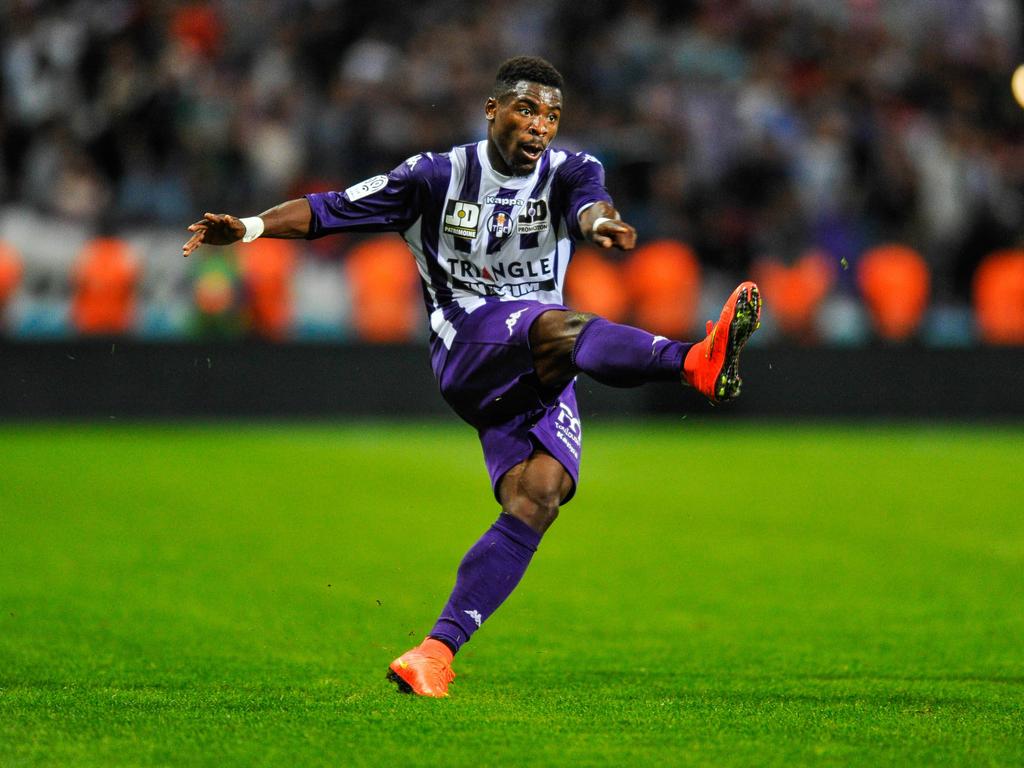Football: French seek to bury the ghosts of Knysna

France's World Cup squad is doing its best to bury memories of the infamous 'Knysna' player revolt that brought shame on the 2010 tournament.
France coach Didier Deschamps says he does not want to talk about the public revolt by French players, when they refused to train at their Knysna base in South Africa.
But veteran full-back Bacary Sagna, one of the few players to have spoken out, says the team must stay "humble" to win back public trust.
France, with several players who took part in the 2010 protests -- including Patrice Evra, who was sacked as captain and given a five-match ban -- have been set a target of reaching at least the quarter-finals in Brazil.
However, they will be judged by their ability to avoid anything like the events of June 20, 2010 as much as any success on the field.
Led by Evra, the 2010 players refused to train at Knysna in retaliation for the sending home of striker Nicolas Anelka for a foul-mouthed outburst at then coach Raymond Domenech.
The players refused to get off their bus and delivered an ultimatum to Domenech to read a letter with their demands on it to the assembled press. The coach humiliatingly complied.
To make matters worse, the protest was conducted on a rare day when the public was allowed in to watch training.
In one bid to bury the past, sports equipment giant Adidas -- the French kit sponsor until 2010 -- organised a sympolic burning of a replica bus in a Paris suburb last week.
"The Knysna bus is the symbol of the millstone that hung around the neck of the French team and which prevented them from approaching the World Cup in Brazil in a zen-like frame of mind," said Guillaume de Monplanet, head of Adidas France at the event.
France has already tried and failed to turn the page.
Before the 2012 European Championship, some semblance of order was restored by Laurent Blanc, who took over as coach from Domenech.
French Football Federation president Noel Le Graet, who replaced Jean-Pierre Escalettes when he fell victim to the Knysna fall-out, said the scandal was behind them.
"Even if it was gross professional misconduct at the time, we must stop talking about Knysna," he said.
However, Hatem Ben Arfa, Samir Nasri and Yann M'Vila all misbehaved, significantly weakening Blanc's standing.
Deschamps, who took over when Blanc did not sign a new contract, is adamant that the subject is done and dusted.
"We keep returning to this topic every time," he told newspaper Le Monde in May.
"If you can, can you please not talk about it. Turning point or not, we can do nothing about it now. What happened has happened.
"It is not by talking about it again that it will sort out or improve on the tasks awaiting us. And what is awaiting us is the World Cup in Brazil and the Euro in France in 2016."
Deschamps, who in the past has deplored the manner in which modern day players are cosseted, said the best way to divert attention was by winning games.
"Football has always been the object of political exploitation," he said.
"Not everything was sweetness and light either in 1998 (the year he captained Les Bleus to the trophy in France).
"But a team that wins is always as a rule loved. I have never seen a side that won not be loved."
Sagna, part of the French squad but battling to get a regular starting spot, said Kynsna should remain a lesson to all.
"It is imperative we remain humble," the 31-year-old full-back told AFP when asked how the team could avoid a repeat.
"We had an inflated opinion of ourselves in 2010, we were too over confident.
"To be brought crashing to earth did everyone good, that screwed our heads on right. We should have talked about it at the time because one has to be allowed to express oneself and today that is the case."






